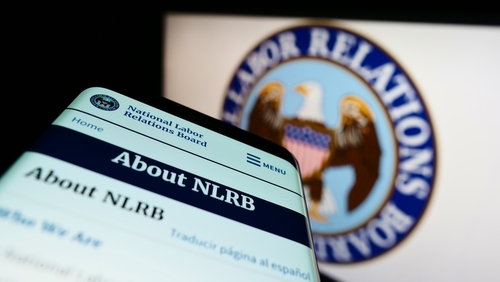Waterboarding is Torture—and Ineffective, Military Witnesses Tell House Panel
Two witnesses with substantial military experience told a U.S. House subcommittee in no uncertain terms today that waterboarding is not only torture but an ineffective method of obtaining information from terrorism suspects. A third military witness on active duty was expected to testify but was barred from doing so by the Pentagon.
Additionally, the two witnesses both attributed the U.S. decision to use waterboarding on some terrorism suspects to military higher-ups who have watched too many television dramas on the topic and have little real-life experience with conducting interrogations, reports CBS News.
Such “coercive” interrogation techniques aren’t as effective as those that persuade suspects to cooperate, because harsher methods often elicit false information, Col. Steven Kleinman told a House Judiciary constitutional subcommittee today. He is a senior intelligence officer and military interrogator for the U.S. Air Force Reserves.
However, at this point it will be very difficult to win the hearts and minds of suspects, testified Malcolm Wrightson Nance, because of what many in the Middle East perceive as malicious U.S. abuse of prisoners at Abu Ghraib prison and Guantanamo Bay, among other issues. Nance is a former U.S. Navy instructor who conducted prisoner of war and hostage survival programs and has himself undergone waterboarding as part of his training.
“Waterboarding is torture, period,” he testified. “I believe that we must reject the use of the waterboard for prisoners and captives and cleanse this stain from our national honor.”
Lt. Col. V. Stuart Couch, a judge on the Navy-Marine Corps Court of Criminal Appeals and a former Guantanamo Bay prosecutor, was also scheduled to appear as a witness, but was told by the Pentagon he could not do so, reports the Wall Street Journal (sub. req.).
He was expected to testify that his prosecution of an al-Qaida suspect was curtailed because of evidence tainted by harsh interrogation that Couch considered torture, in a case that raises a broader issue: “Regardless of their accuracy, statements obtained under torture or certain other forms of duress are inadmissible in legal proceedings,” the newspaper explains. “Because most evidence against Guantanamo prisoners comes from detainee statements, convictions hinge on whether they can be used in court.”
More details are provided in an earlier ABAJournal.com post.
Rep. Jerrold Nadler (D., N.Y.), who chairs the subcommittee, said he would consider subpoenaing Couch’s testimony.
Write a letter to the editor, share a story tip or update, or report an error.


